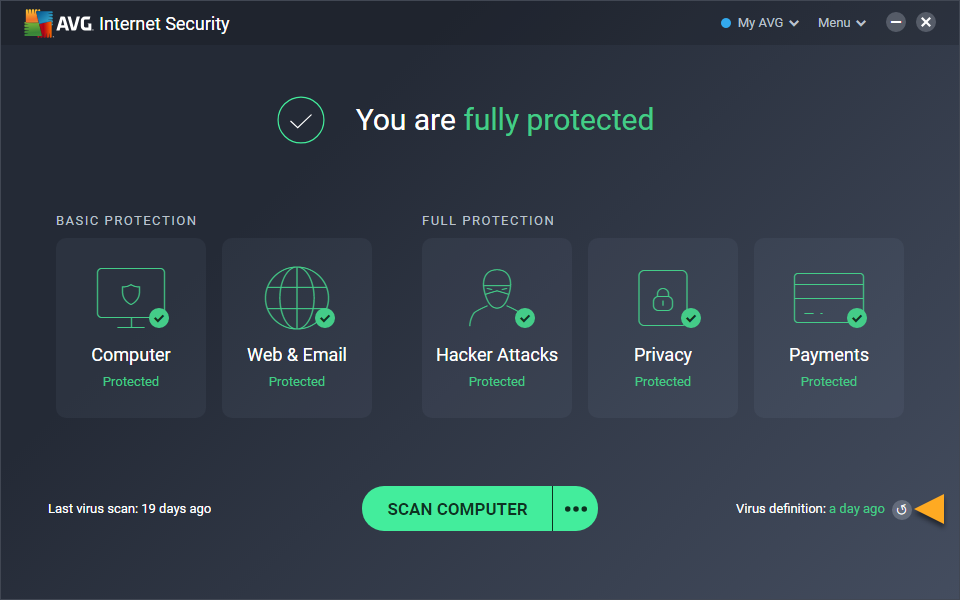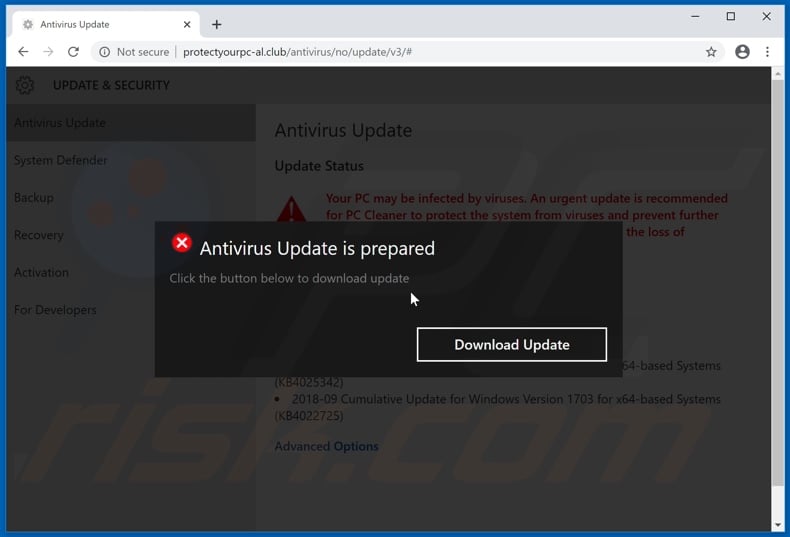

If your device gets a virus, you could pass it on to your friends, family, and business associates. OK, cyber security is mostly about you, but you’ve got other people to think about, too. Updating your software and operating systems helps keep hackers out. Or, worse, you might pay a ransom and not get it back. You might have to pay a ransom for an encryption key to get it back. If it’s a ransomware attack, they might encrypt your data. They can use it to commit crimes in your name or sell it on the dark web to enable others to commit crimes. Your personally identifiable information - from emails to bank account information - is valuable to cybercriminals. You probably keep a lot of documents and personal information on your devices. They cover the security holes to keep hackers out. Software updates often include software patches.


What happens next? The malware can steal data saved on your device or allow the attacker to gain control over your computer and encrypt your files. The code is packaged into malware - short for malicious software.Īn exploit sometimes can infect your computer with no action on your part other than viewing a rogue website, opening a compromised message, or playing infected media. Hackers can take advantage of the weakness by writing code to target the vulnerability. A software vulnerability is a security hole or weakness found in a software program or operating system. Hackers love security flaws, also known as software vulnerabilities. While you’re at it, it’s a good idea to make sure your operating system is running the latest version. Updates can add new features to your devices and remove outdated ones. These might include repairing security holes that have been discovered and fixing or removing computer bugs. Software updates offer plenty of benefits.


 0 kommentar(er)
0 kommentar(er)
